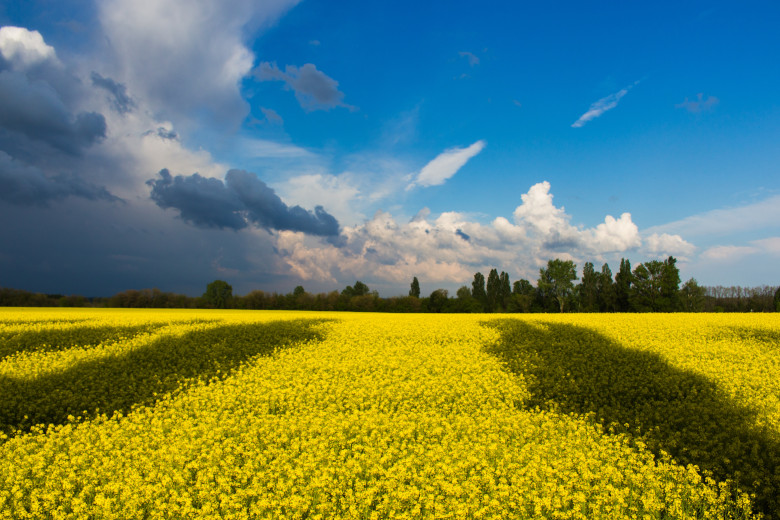
Russia’s invasion of Ukraine, ongoing since February 24, is threatening the food supply in Europe, Africa and Asia. Ukrainian farmers have been forced to leave their fields as millions of people seek refuge. Moreover, the war has caused to ports to shut down and stop commercial trading of any kind. Ukraine and Russia provide almost a third of the global wheat and barley exports. Western sanctions could also hinder wheat trades from Russia. Before the Russian invasion, Ukraine was on track for a record year of wheat exports, while Russia’s wheat exports were slowing, CNN reported.
An extended conflict would be heavily felt in Egypt, the world’s largest wheat importer, where “Millions rely on subsidized bread made from Ukrainian grains to survive, with about a third of people living in poverty,” the Associated Press reports. There are no wheat shortages yet, but prices are 55% higher than they were a week before the invasion, due to growing uncertainty.“If the war is prolonged, countries that rely on affordable wheat exports from Ukraine could face shortages starting in July, International Grains Council director Arnaud Petit told The Associated Press,” AP reports.
Resilience in Ukraine
In Ukraine, long lines were formed outside the few bakeries and pharmacies that remain open, war correspondents said (AP).
Earlier this week, an industrial bakery in Makariv, around 50 kilometers west of Kyiv, was attacked, with at least 13 people killed, the authorities said.
After initially closing operations for safety reasons, Nestle announced it reopened its factories and warehouses in central and western Ukraine, to ensure the supply of essential food and drink in the country as the war.
Business on hold in Russia
Following global outrage, global companies have been suspending work in Russia. Until now, over 300 have done so. A research team at Yale is monitoring companies still operating in the country. Some big names making the list that have since announced they were stopping business in Russia include McDonald’s, Coca Cola, ad PepsiCo. The list is updated daily by Jeffrey Sonnenfeld and his research team at the Yale Chief Executive Leadership Institute.
The companies listed on March 9 included Papa John’s, Mondelez and Nestlé.
“In the days following the initial release of our list, many ‘remainder’ companies reacted to public backlash and decided to opt out, and we are continually revising our list to reflect those decisions as we go,” Jeffrey Sonnenfeld, Yale School of Management, is quoted by UK Time News.


